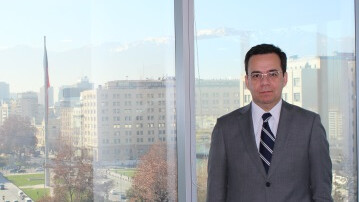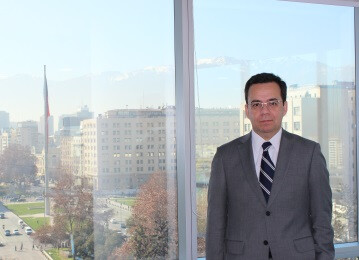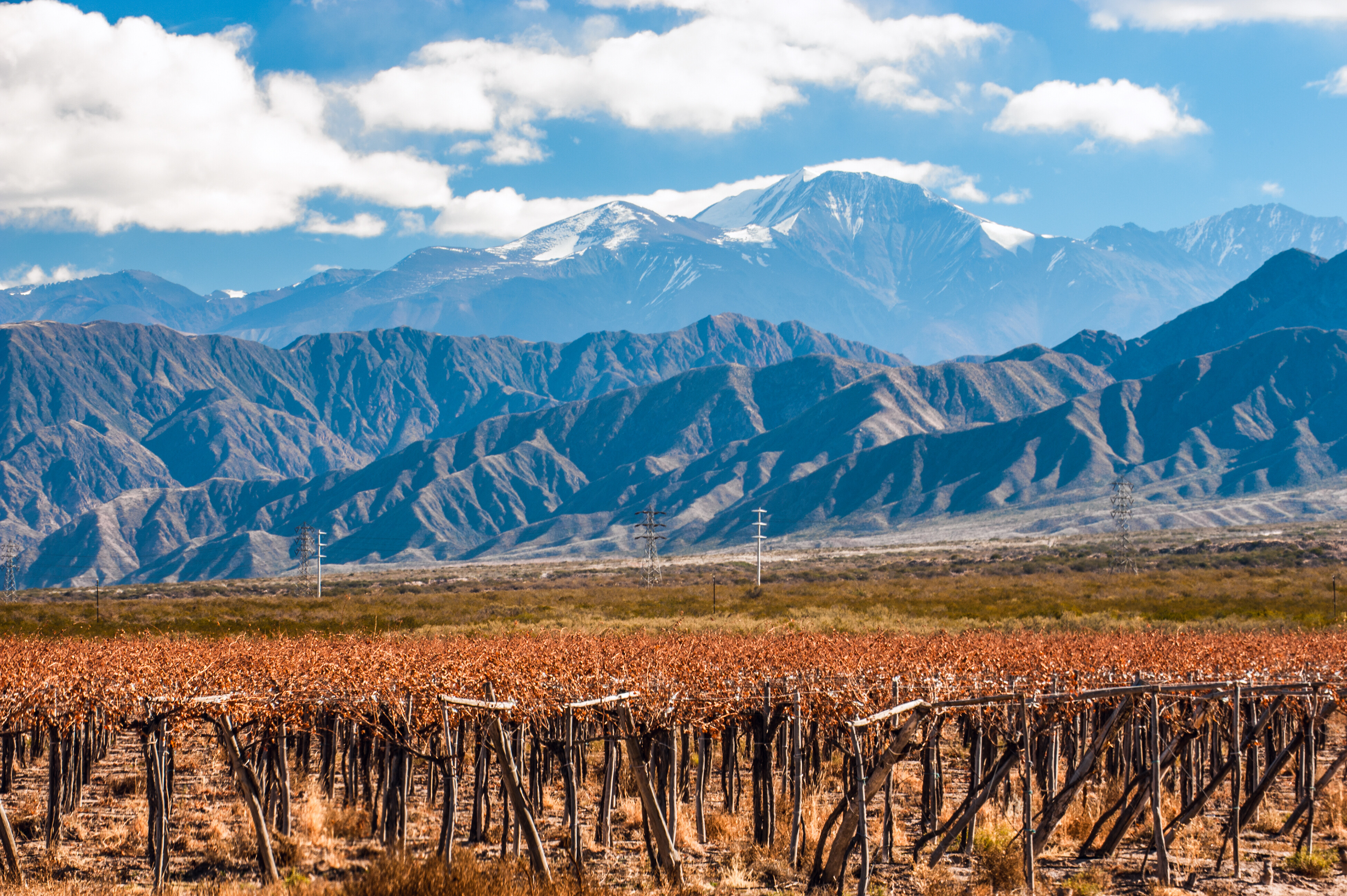Interview with Chile's Minister of Economy, Luis Felipe Céspedes
Chile's economy is on the brink of a massive transformation. LatAm INVESTOR interviewed Chile's Minister of Economy, Luis Felipe Céspedes, to find out how it will impact investors...

The new government’s comprehensive reform package has caught the attention of international investors; how will it affect the economy?
In our economy we need to make a transformation and become more productive, while on the social side Chile needs to increase opportunity for all members of society, regardless of the wealth that they were born into. The education reform is a way to deliver both of these objectives because when you talk about education reform you are talking about improving the human capital of economy, which will ultimately help us increase productivity. But of course it must be funded in a responsible way. In Chile our fiscal stance is based on spending being balanced by revenues, so if you are going to increase spending you also need to raise more money.
"Economic growth is one of our key objectives…"
In recent years we’ve seen that having a sustainable fiscal policy or not has been a key factor for both developed and emerging economies. We see this fiscal responsibility as our asset indeed thanks to our balanced spending rule we have virtually zero net debt and we plan to stay on that path. So the tax reform will support the education reform by increasing tax revenues by 3%. It will be progressive as those on higher incomes will pay more. Essentially the fiscal reform is going to create a more equal tax system, which is important because, unlike in other OECD countries, at the moment it is not progressive. But investors shouldn’t be worried because the reform will also have incentives to encourage saving and investment because we recognise that they are crucial for growth and economic growth is one of our key objectives.
One of the key challenges in the Chilean economy is the slow growth of productivity; what will the government and your ministry do to face this challenge?
Firstly we recognise the problem. We know that one of the main factors behind the difference in income per capita between developed world and Chile is our relatively low productivity. So here at the Ministry we recently launched the Innovation, Productivity and Growth Agenda to encourage a transformation of the economy by helping us to add value and know-how to the goods that we produce. We know that we are rich in natural resources but that doesn’t mean that we can’t add technology to that. Look at countries such as Norway, New Zealand and Australia - they all did this.

We need to diversify our economy if we are to develop from a middle income country to a rich one. And attracting foreign investment will be key to helping us achieve this. It is crucial as many of the things that we want to do are already being done abroad. Of course attracting investment to sectors that don’t already exist in a country will not be easy. To do it we will have to provide public goods and incentives to boost these sectors. For example human capital in a particular area wont exist if that sector does not exist in economy, so if needed we will to create that human capital to attract investment in those areas. Another example can be found in the tourist industry. Here the private sector does not have incentive to promote the country. It is a public good in the sense that no individual owner of a hotel will promote the whole country, because it will also help their competitors. We are prepared to generate these public goods as the whole industry will benefit. So to help us identify and finance the provision of these public goods we have created a strategic investment fund that will generate the public goods necessary to develop those sectors that need strengthening.
Chile is famed for its copper mining but where are other opportunities for UK investors?
Well, away from the actual extraction of minerals there are significant opportunities for suppliers. We are keen for Chile to develop a mining services industry that will have an international potential and help us become a leading country for mining suppliers. Our network of free trade agreements give firms that manufacture here easy access to economies worth 85% of the world’s GDP so the opportunity doesn’t just involve the local market. Another key area is tourism. We already have a strong position but there is so much more potential.

So we will work to create incentives for developers and do more to promote the country. Infrastructure is also worth highlighting. Chile is a country with significant advantages in terms of logistics. We are just across from Asia and we could provide a convenient way for other countries in Latin America to reach those markets. This government will lead a significant investment in transport infrastructure, with big upgrades to ports and roads. We will be spending more than 10% of GDP over the next five years so it’s a massive programme. Finally, and this is an area that may be of particular interest to LatAm INVESTOR readers, we are keen to expand our financial services sector. We have relatively deep financial markets in Chile which can also be used to reach other countries in the region. So, to sum up, any British investors looking at Chile should remember three things. In macroeconomic terms we are a very stable country – thanks to the fiscal balance rule most macroeconomic rankings put us among the top three in world. Secondly we have strong institutions and finally we are investing for the future.
The recent slowdown in the Chilean economy has been more severe than most analysts expected; how worried are you about the country’s growth prospects?
What we are experiencing now is a cyclical deceleration. Between 2010 and 2013 we had a significant increase in investment, which was being driven by high commodity prices and the resultant increase in mining projects. Moreover international finance conditions were very attractive, which made it easy to issue debt abroad and there was lots of liquidity. So while all of these factors were giving additional stimulus to our economy then we knew, before coming in March, that the economy was facing a cyclical slowdown. The good news is that we have all the tools to provide a stimulus if necessary. So with monetary policy we have seen rates come down from 5% in 2013 to 3.75% at present. If needed it can come down more, so we have a monetary policy that can help further. That reduction in interest rate is causing the peso to depreciate which helps export sectors in economy. This won’t affect inflation expectation and the pass through to the real economy is low and the central bank has built up a lot of credibility. So while I see that there is a challenge I am confident that we have all the tools necessary to respond.
It’s also worth looking at the medium to long-term growth prospects. When you have a country that says it will boost education reform, the effects will be felt in the medium to long term, especially doing it through prudent fiscal reforms. That shows investors a responsible country that is worrying about future and a government that is thinking about the economy’s best interests in the long-term not short-term political gain for this administration. We want to increase competition in economy as that will create incentives for people to innovate, we are competing in global economy and we want to link our economy to global value chains.